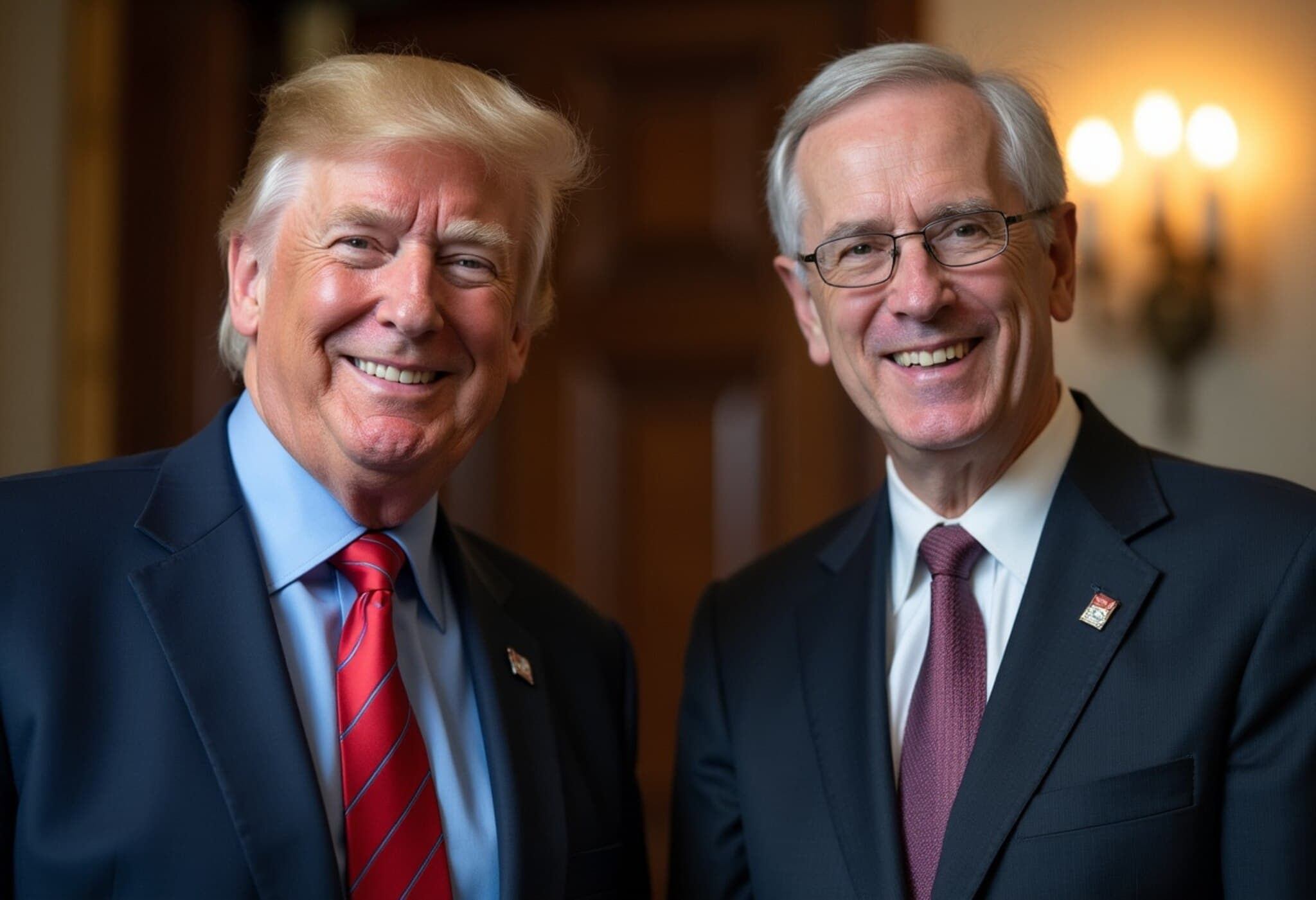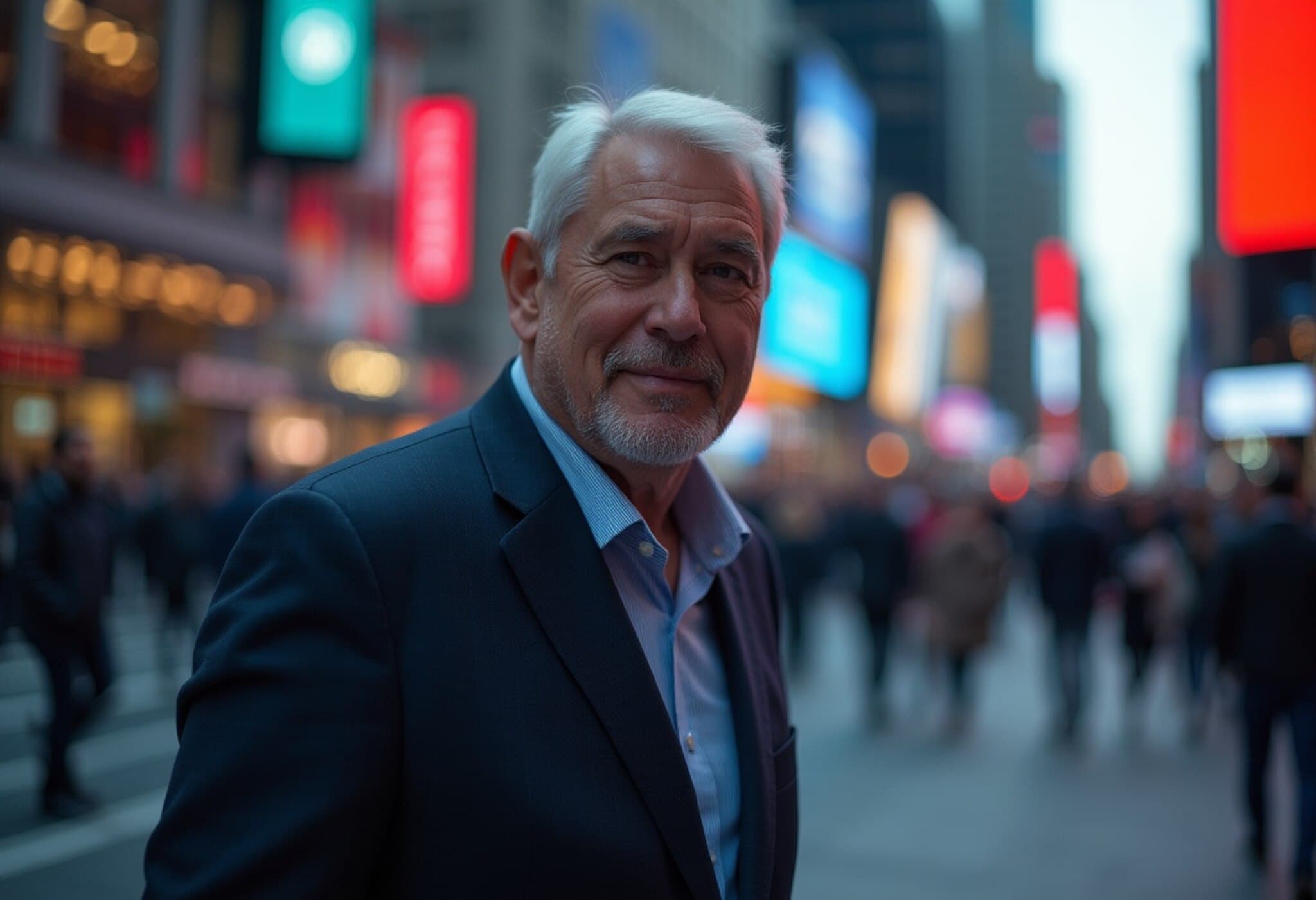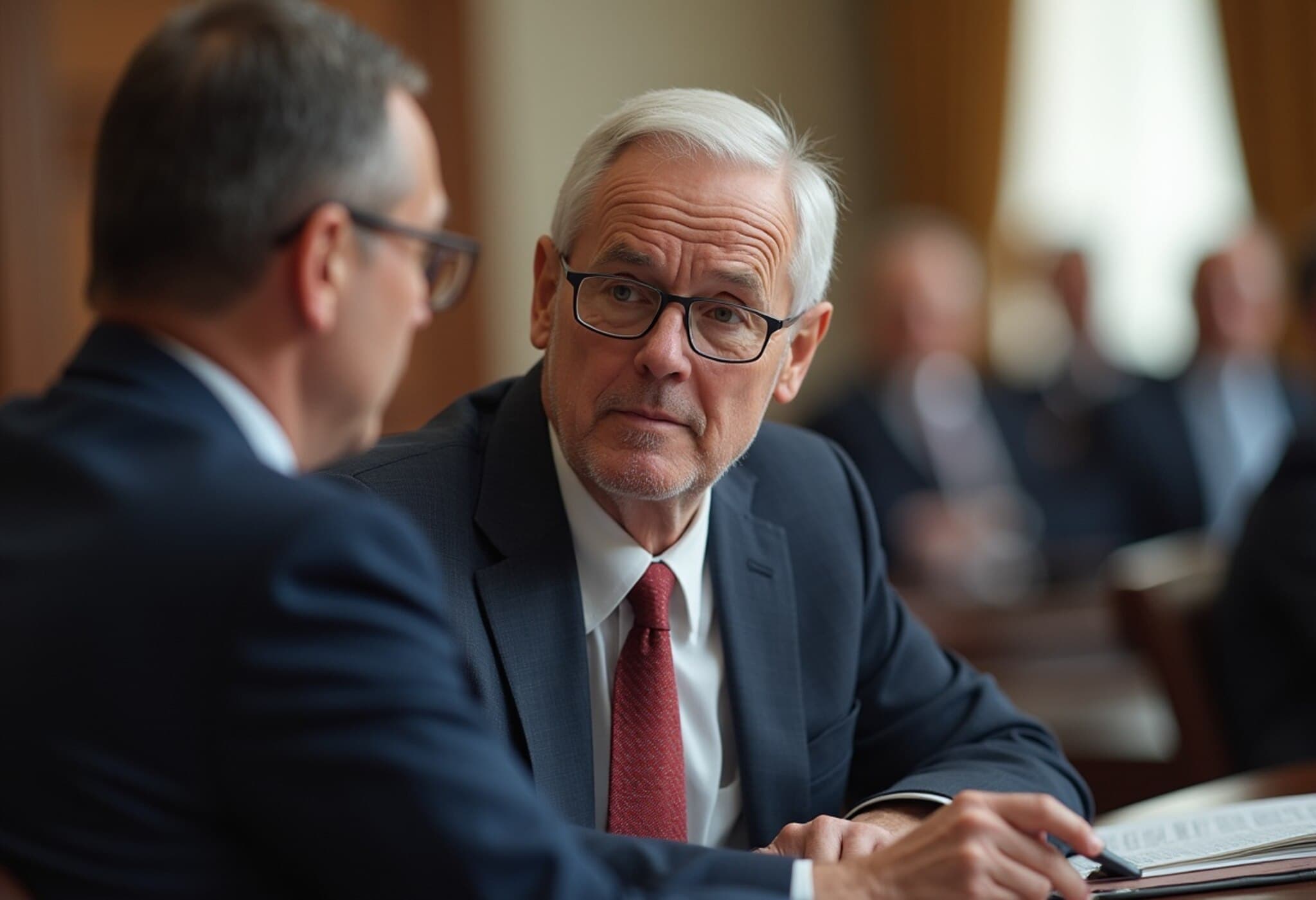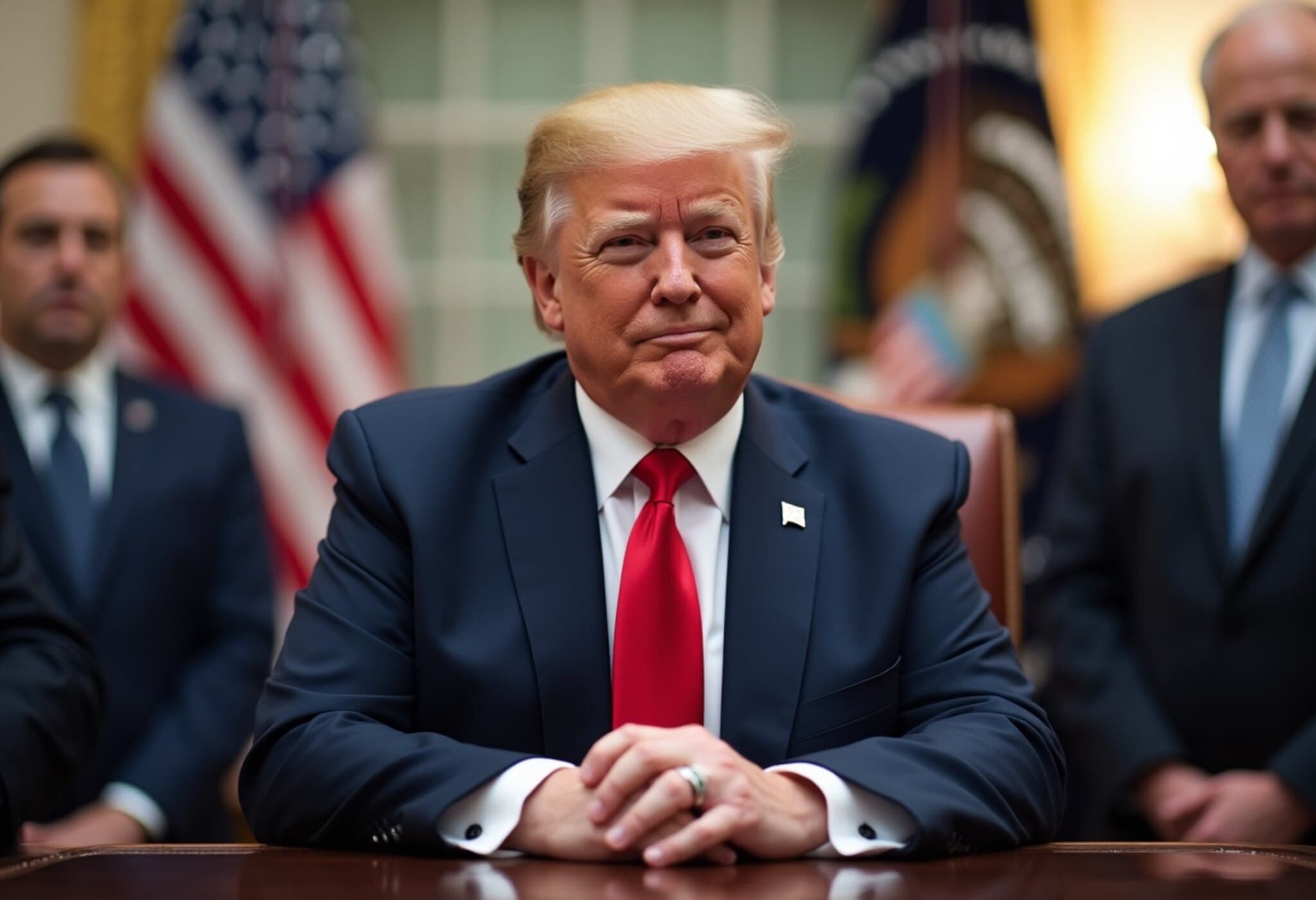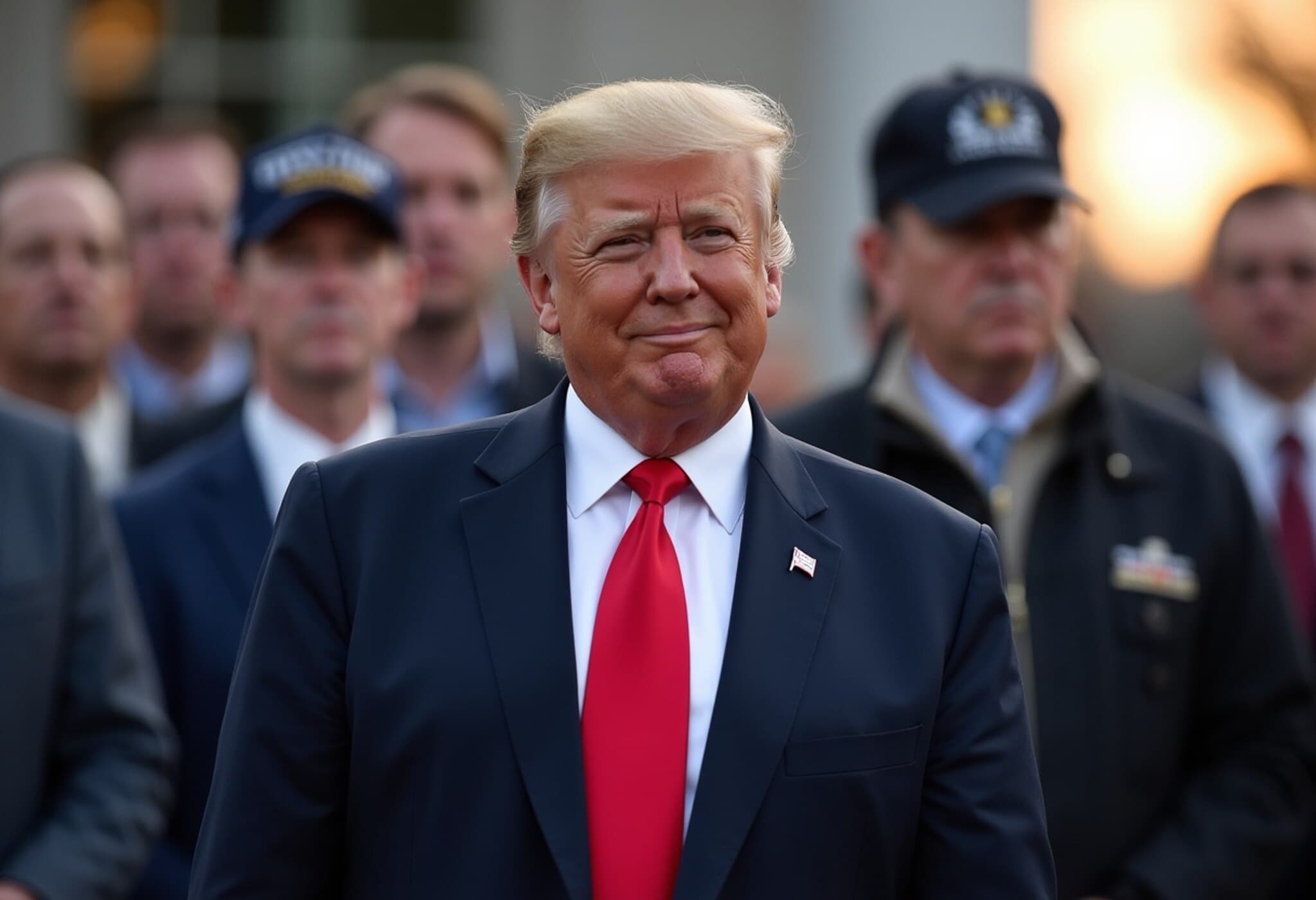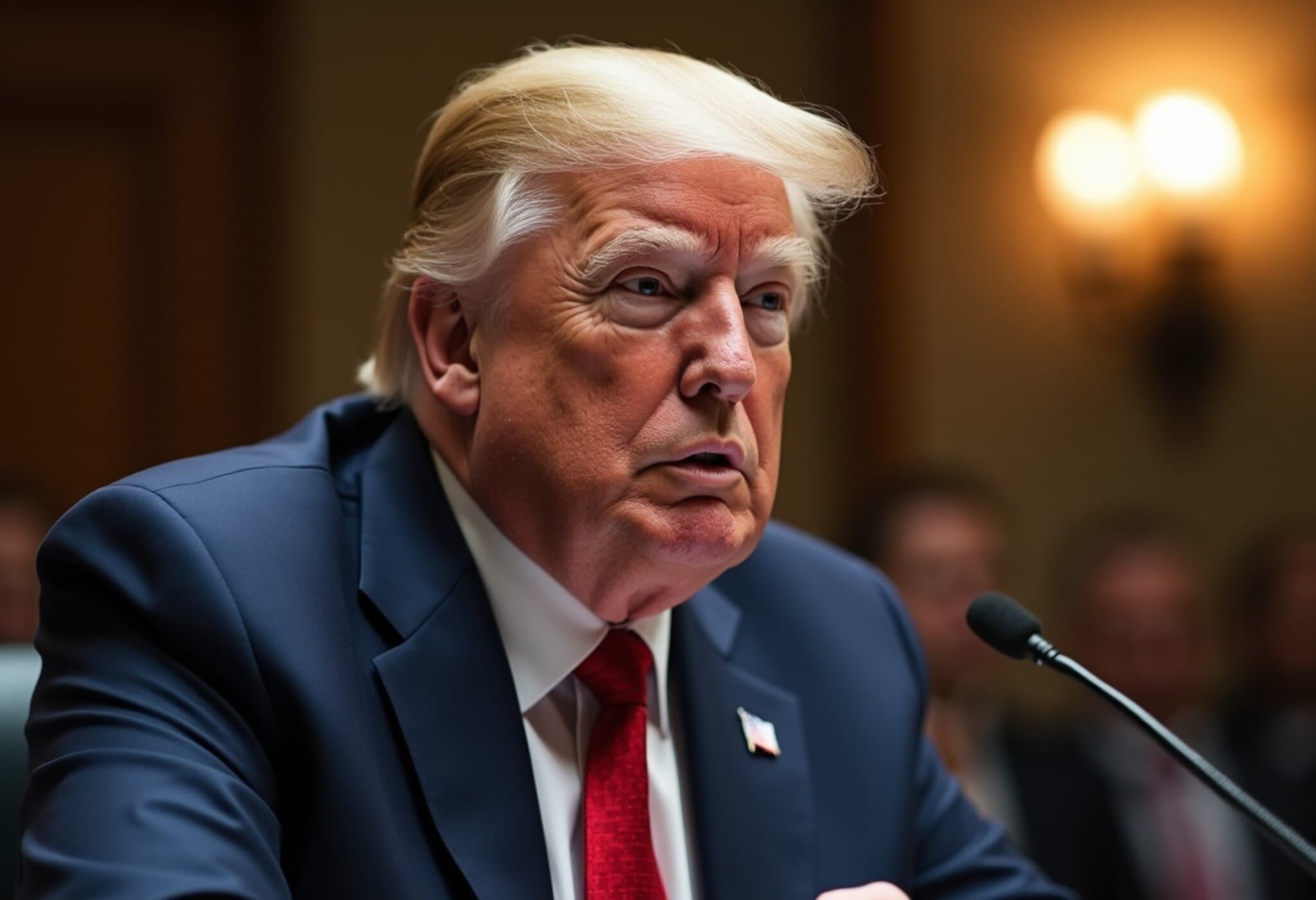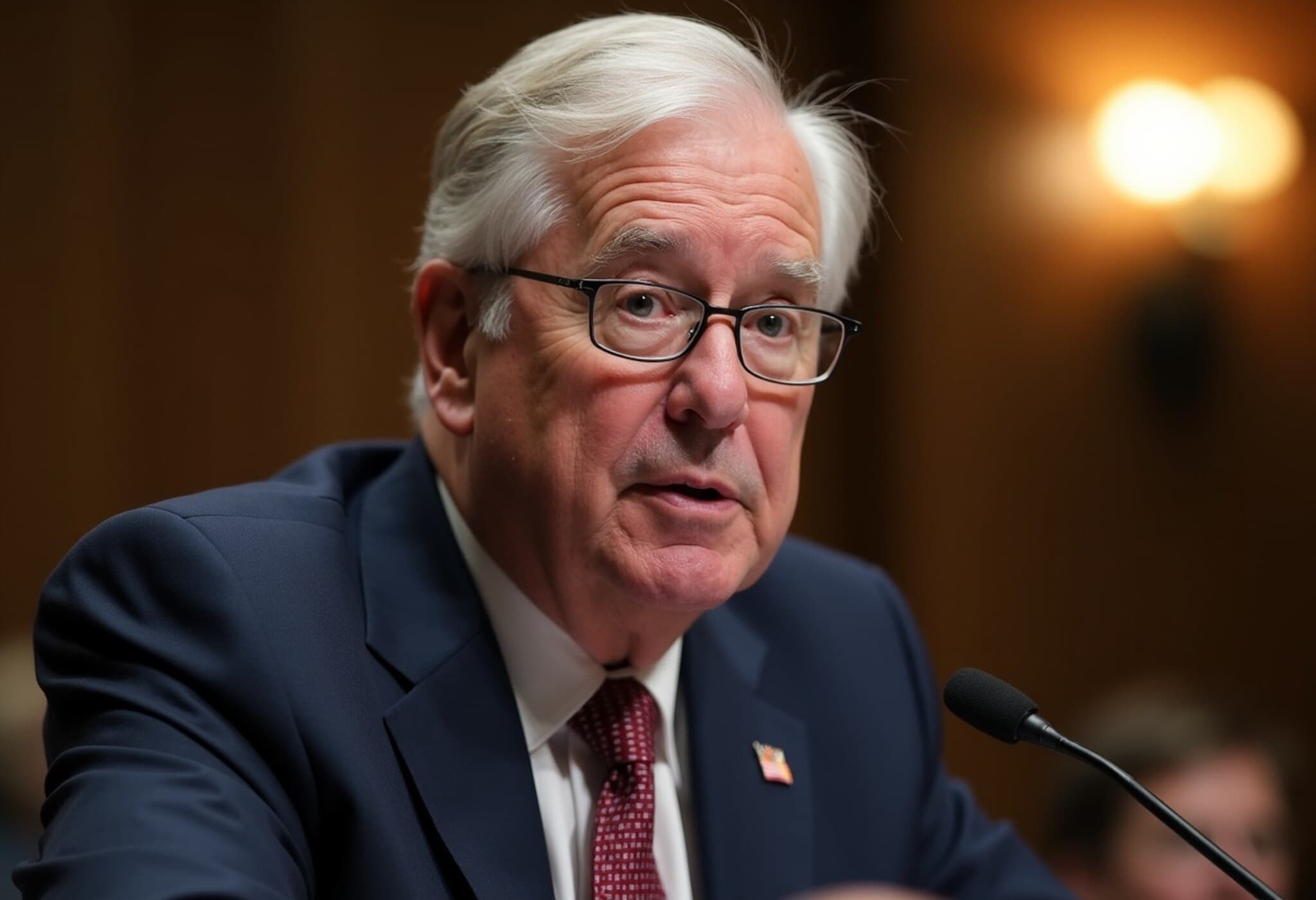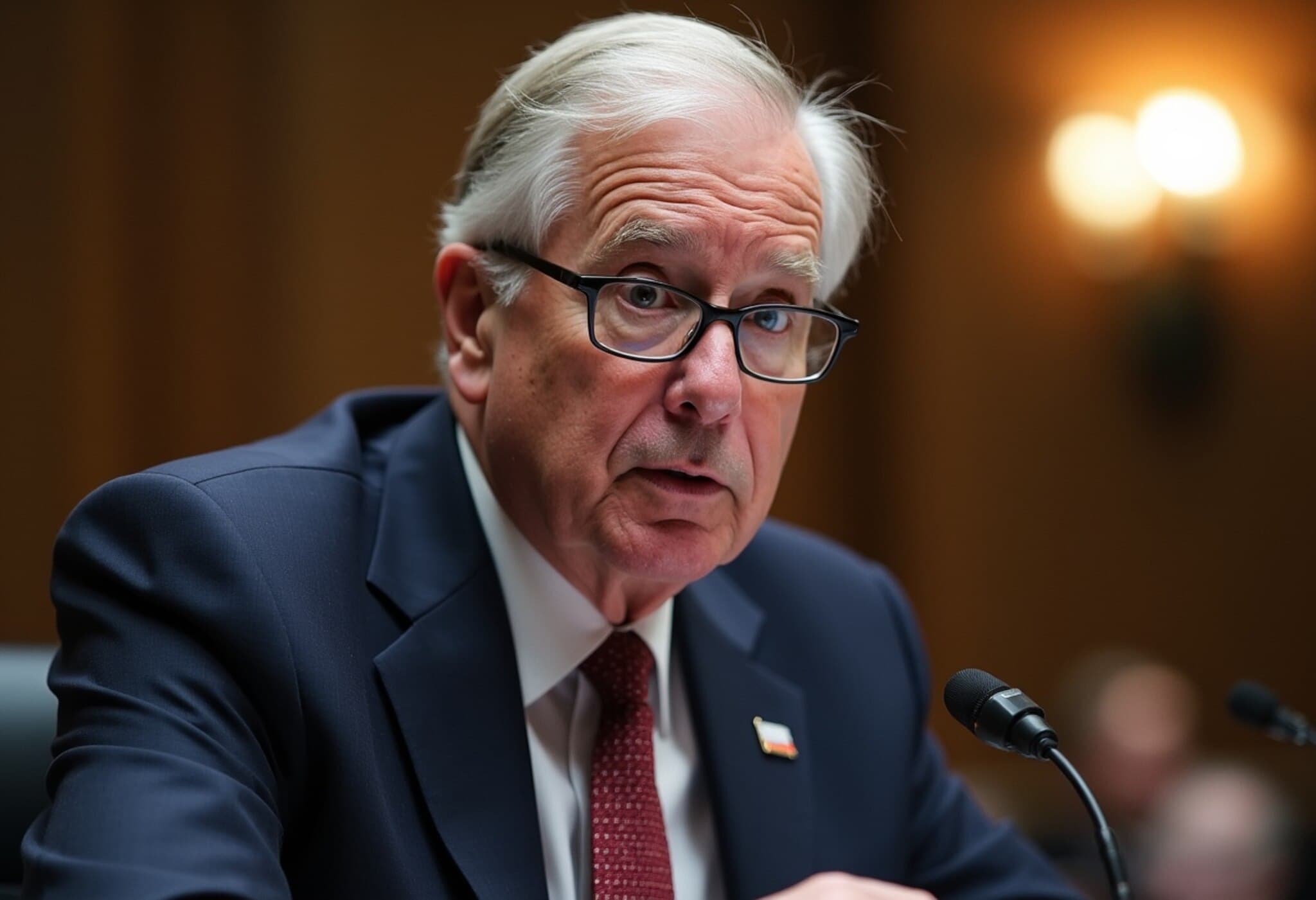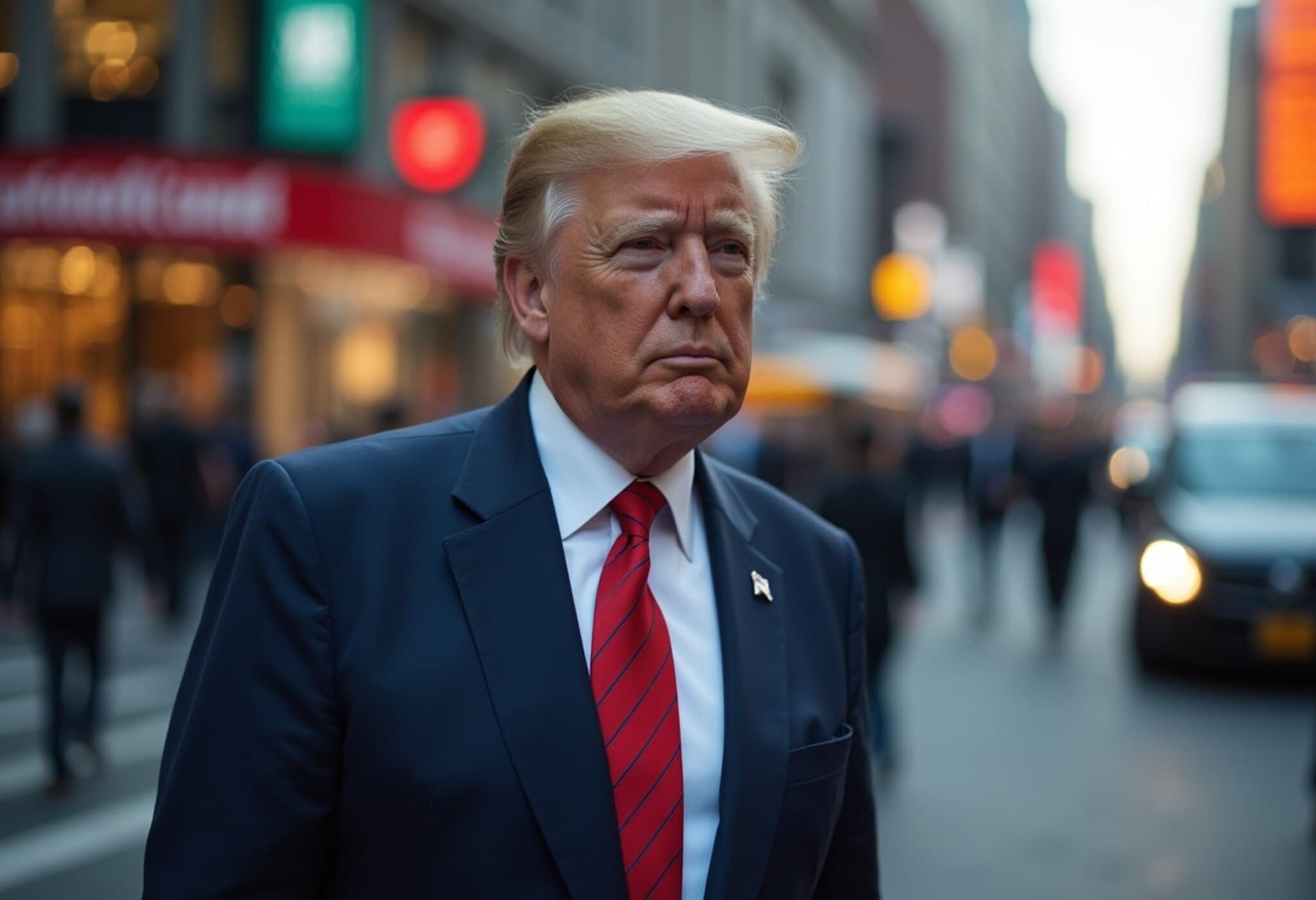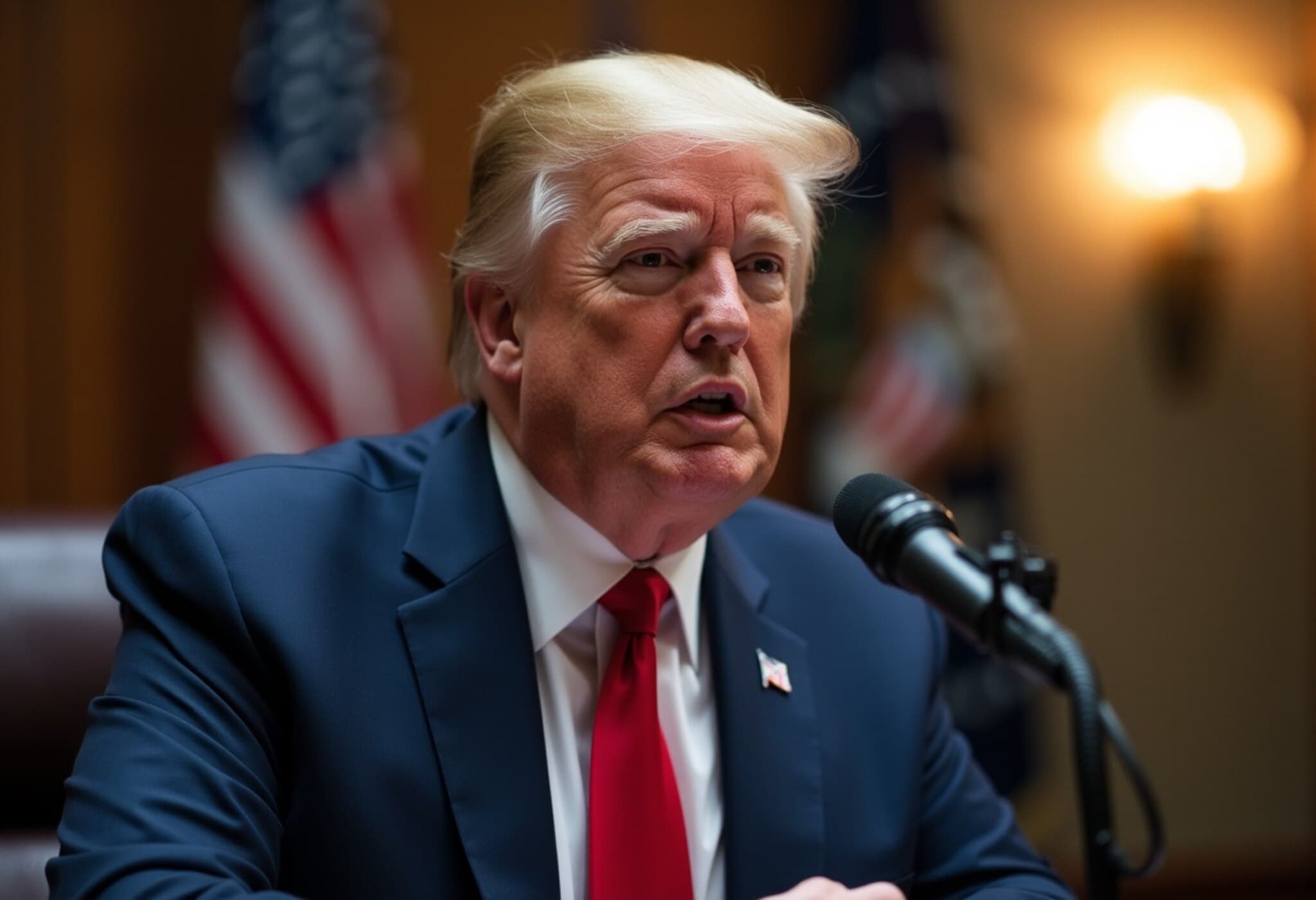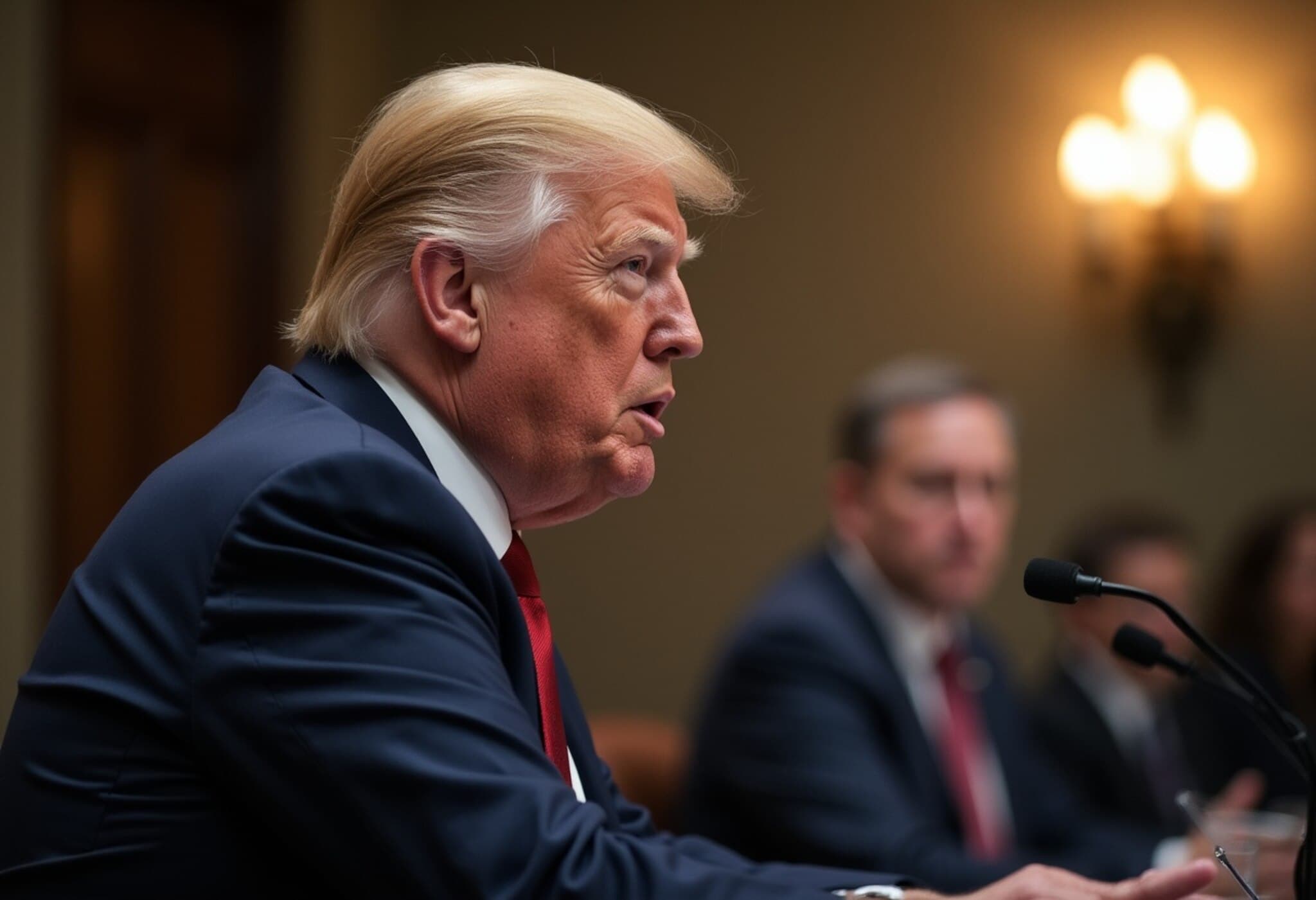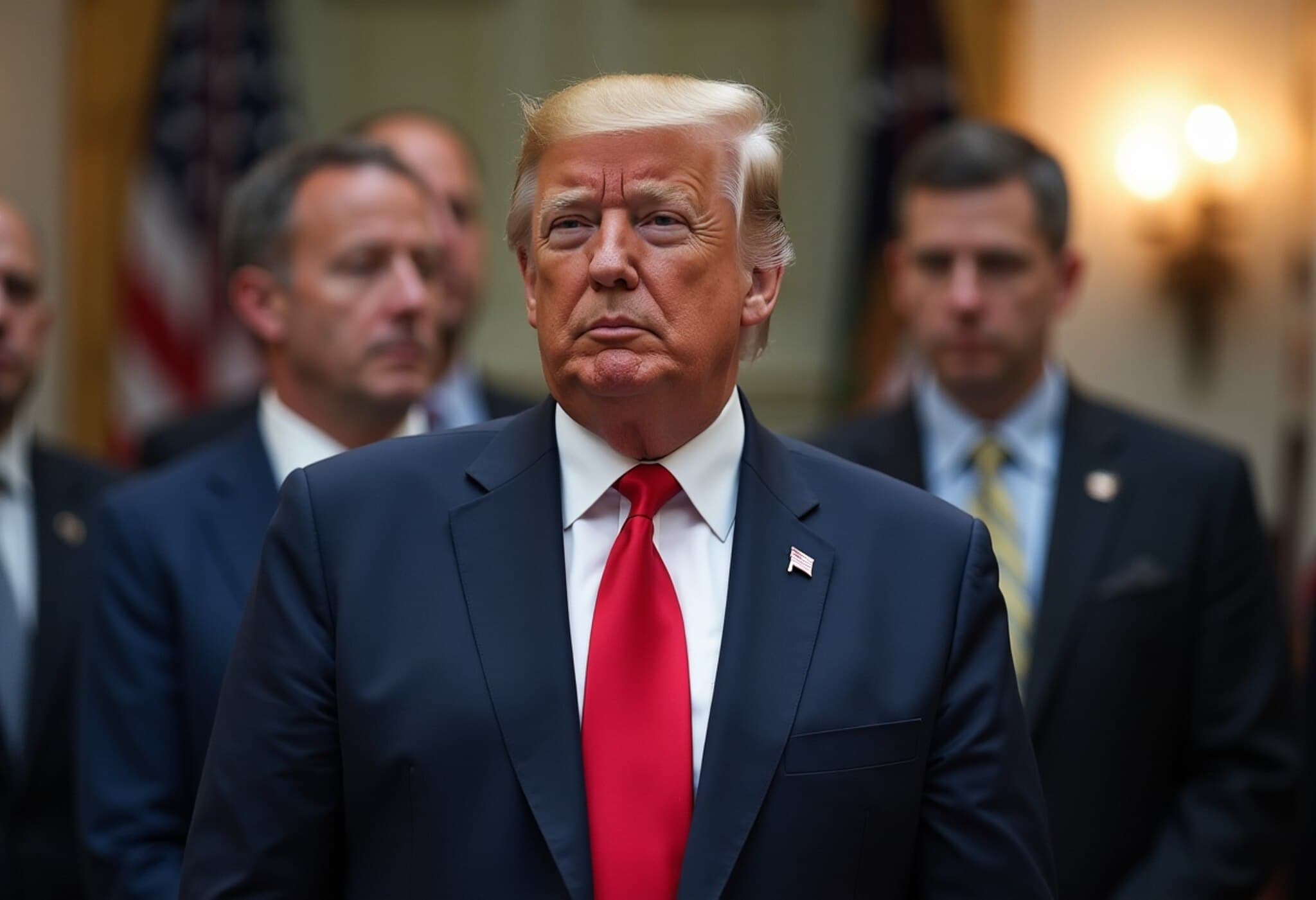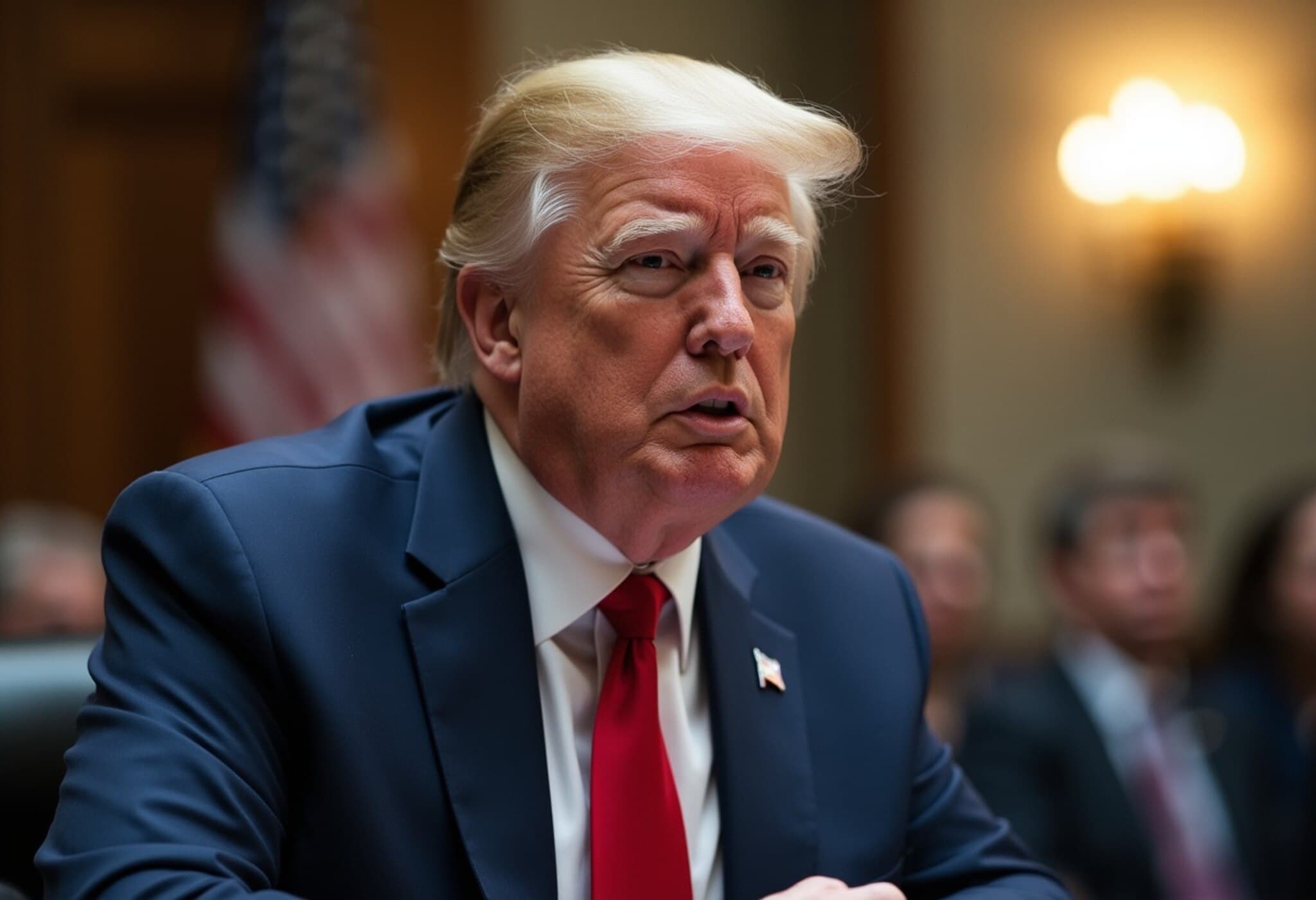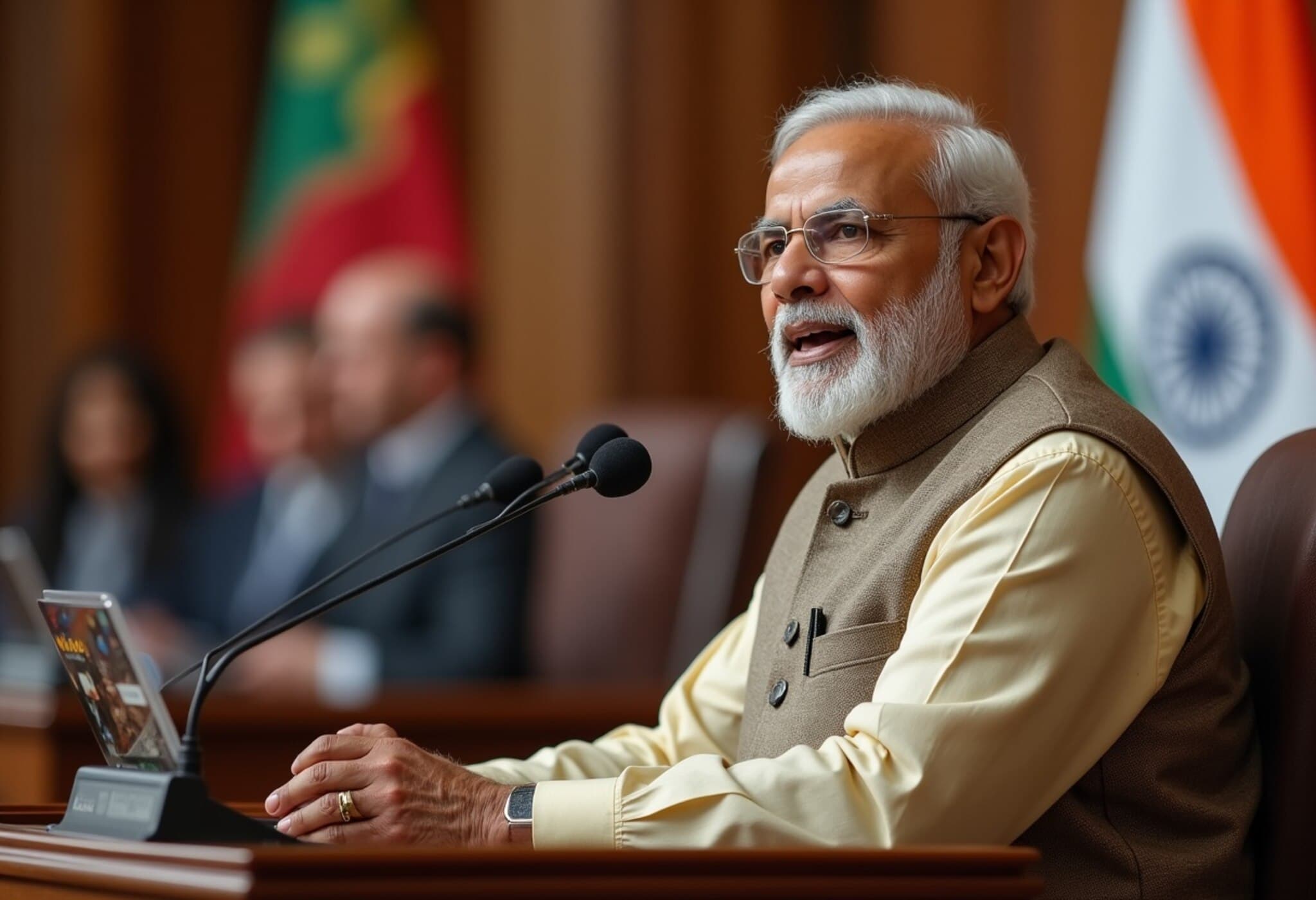The High-Stakes Race to Lead the Federal Reserve
As Jerome Powell’s term as Chairman of the US Federal Reserve nears its conclusion in May 2025, political and economic circles are abuzz with speculation about his successor. Two prominent Republicans, both named Kevin, have emerged as frontrunners, intensifying what has already become a politically charged contest shaped heavily by former President Donald Trump’s influence and economic vision.
Meet the Contenders: Kevin Hassett and Kevin Warsh
Kevin Hassett: Trump’s Insider and Economic Strategist
Kevin Hassett, 63, combines deep expertise with close ties to Donald Trump’s economic inner circle. An accomplished Ph.D. economist, Hassett worked at the Federal Reserve in the 1990s before serving as a key economic adviser to Trump during his presidency. Today, Hassett holds a strategic position at a private equity firm founded by Jared Kushner, Trump’s son-in-law.
Despite initially showing little ambition for the Fed chairmanship, Hassett has recently pivoted towards the role, engaging in multiple private meetings with Trump. In public statements, he has sharply criticized Powell, accusing him of political bias—particularly pointing to rate cuts before the 2024 election that Hassett alleges were designed to favor Democratic candidates.
Key quotes from Hassett include claims that Powell is "doing whatever Elizabeth Warren wants" and that his leadership has shifted the Fed’s independence at a critical political juncture.
Kevin Warsh: The Establishment Candidate with a Complex Relationship to Trump
Meanwhile, Kevin Warsh, 55, offers a blend of establishment credentials and policy experience. A former Fed governor and adviser to President George W. Bush, Warsh has long aspired to regain a leadership role at the Fed. He was once considered the frontrunner, but his perceived outsider status in Trump’s close network has complicated his prospects.
Warsh has publicly criticized Trump’s trade policies in the past, warning of the economic risks of tariffs and global trade restrictions—stances that have not endeared him to the former president’s loyalists. Recently, Warsh has moderated his tone, suggesting a flexible approach to monetary policy, including the possibility of rate cuts contingent on reducing the Fed’s massive $6.2 trillion asset portfolio.
His connections extend to influential circles; he is married to the daughter of billionaire and Trump acquaintance Ronald Lauder and maintains a longstanding friendship with Treasury Secretary Scott Bessent, a name rumored as a potential Fed chair or dual Treasury-Fed leader.
Implications of a Trump-Influenced Fed Leadership
The succession battle is far more than a political contest; it embodies the ongoing tension between the Federal Reserve’s traditional independence and President Trump’s interventionist approach to monetary policy. Trump has voiced clear expectations that his Fed successor will aggressively pursue interest rate cuts to stimulate growth—a marked departure from Powell’s relatively measured stance.
The White House is reportedly considering nominating Hassett to the Fed board in early 2025, positioning him to eventually ascend to chairmanship. Alternatively, Chris Waller, a current Fed governor appointed during Trump’s tenure, remains in the mix. The administration’s maneuvering reflects a strategic effort to cement an economic agenda closely aligned with Trump’s vision.
Expert Insights: Why This Race Matters
- Market Stability at Stake: The Fed Chair’s approach to interest rates directly affects inflation, unemployment, and overall economic health. A shift towards aggressive rate cuts could stimulate growth but also risk inflationary pressures.
- Political Influence on Monetary Policy: This contest highlights growing concerns about politicization of the Fed. Traditionally, the Fed’s independence has helped insulate the US economy from partisan swings, but recent developments suggest a trend toward more direct political intervention.
- Global Economic Repercussions: As US monetary policy decisions reverberate worldwide, changes in Fed leadership can impact international markets, currencies, and trade flows—factors especially significant amid ongoing geopolitical tensions.
Looking Ahead: What Should Observers Watch?
The next several months will be pivotal. With Powell’s term ending in May 2025, nominations and Senate confirmation hearings will test the balance between political ambition and economic prudence. Will Trump’s preference for a dovish Fed chair reshape US monetary policy? Or will traditional institutional checks and expertise prevail? These questions bear close monitoring given their profound impact on both American households and the global economy.
Editor’s Note:
The looming Federal Reserve chair race is more than a battle of personalities; it is a window into the evolving relationship between politics and central banking in America. As two Kevins vie for this critical role, their contrasting backgrounds and policy visions underscore a broader debate about the Fed’s future independence. For Americans, investors, and policymakers, the stakes could not be higher—with consequences stretching from Main Street to Wall Street and beyond.

